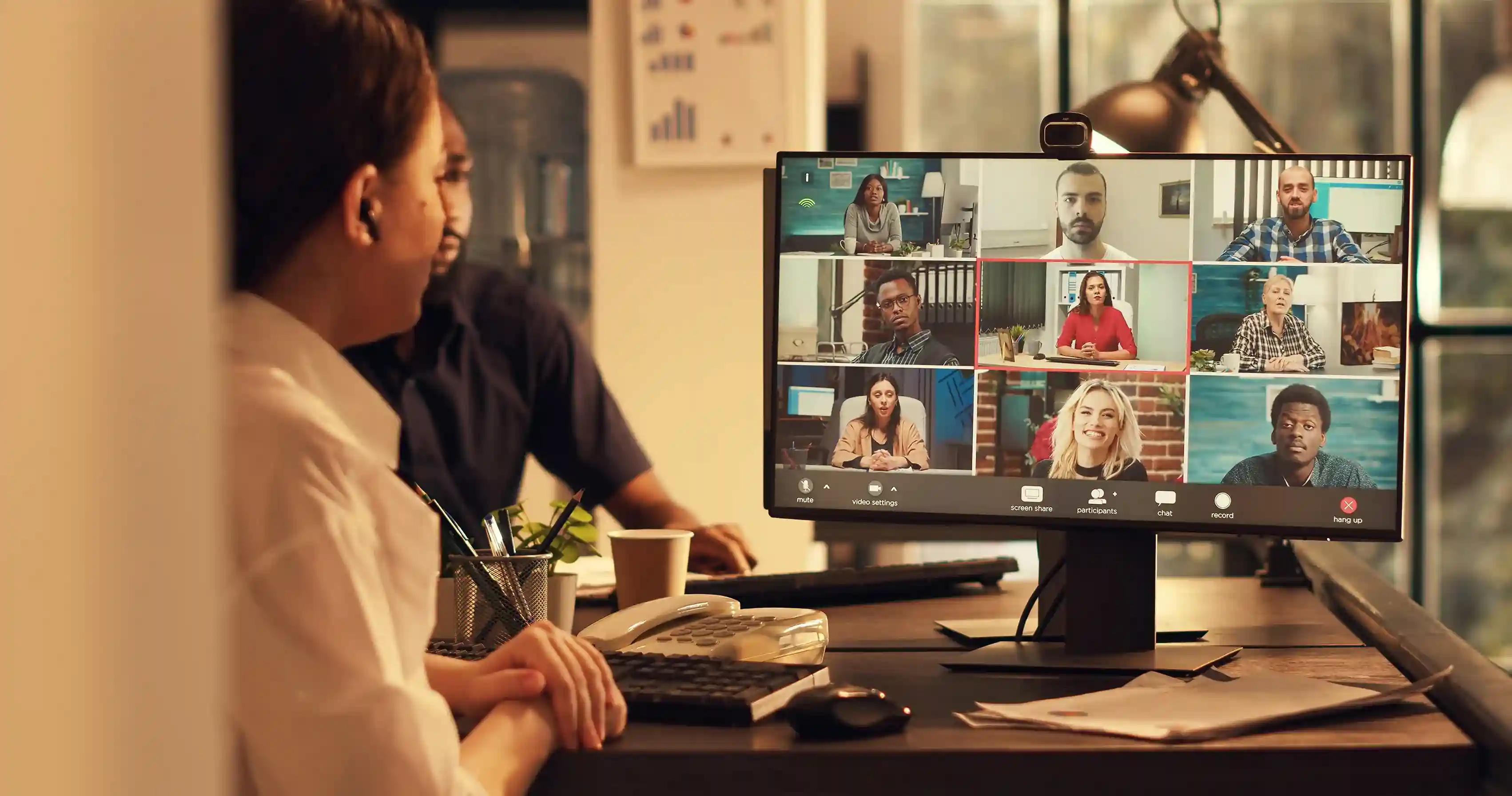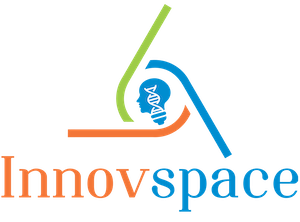Organizing Virtual Events and Meetups in Coworking Spaces

Virtual coworking spaces have revolutionized the way we work, breaking down geographical barriers and fostering a sense of community among remote workers. One of the key elements that contribute to this community spirit is organizing virtual events and meetups. These events can range from professional development workshops to casual social gatherings, all designed to enhance collaboration, networking, and engagement. Here's a guide on how to effectively organize virtual events and meetups in coworking spaces.
1. Define the Purpose and Objectives
Before planning any event, it’s crucial to define its purpose and objectives. Are you aiming to provide professional development opportunities, foster networking, or simply create a space for social interaction? Clear objectives will guide the planning process and ensure that the event meets the needs of the community.
Example Objectives:
- Professional Development: Workshops, webinars, and guest speaker sessions.
- Networking: Networking mixers, industry meetups, and roundtable discussions.
- Social Interaction: Virtual coffee breaks, game nights, and happy hours.
2. Choose the Right Platform
Selecting the right platform is essential for the success of your virtual event. The platform should be user-friendly, reliable, and capable of supporting the type of event you plan to host.
Popular Platforms:
- Zoom: Ideal for webinars, workshops, and large meetups.
- Microsoft Teams: Great for professional development sessions and team collaborations.
- Gather.town: A fun, interactive platform for social events and casual meetups.
- Discord: Perfect for community-building activities and ongoing interaction.
3. Plan the Event Logistics
Effective planning is key to a smooth and engaging virtual event. This includes setting a date and time that works for the majority of participants, preparing an agenda, and organizing any necessary materials or guest speakers.
Logistics Checklist:
- Date and Time: Consider different time zones and choose a convenient time.
- Agenda: Outline the event flow, including introductions, main activities, and closing remarks.
- Speakers/Hosts: Confirm the participation of any guest speakers or hosts.
- Materials: Prepare any slides, handouts, or digital resources needed for the event.
4. Promote the Event
Promotion is crucial to ensure a good turnout. Utilize various channels to reach your target audience and generate excitement about the event.
Promotion Strategies:
- Email Invitations: Send out email invites with event details and registration links.
- Social Media: Share event information on social media platforms and in relevant online communities.
- Coworking Space Channels: Use internal communication tools like Slack or internal newsletters to promote the event.
5. Engage Participants
Engagement is the key to a successful virtual event. Plan activities that encourage interaction and participation.
Engagement Techniques:
- Icebreakers: Start with a fun icebreaker activity to help participants get to know each other.
- Interactive Polls: Use live polls to gather feedback and keep the audience engaged.
- Breakout Rooms: Utilize breakout rooms for smaller group discussions and networking.
- Q&A Sessions: Include Q&A segments to allow participants to interact with speakers and hosts.
6. Follow Up After the Event
Following up after the event helps to maintain the momentum and gather feedback for future improvements.
Follow-Up Actions:
- Thank You Emails: Send thank-you emails to participants, along with any resources or recordings from the event.
- Feedback Surveys: Distribute surveys to gather participant feedback and insights.
- Continued Engagement: Encourage continued interaction through follow-up discussions or by promoting upcoming events.
Conclusion:
Organizing virtual events and meetups in coworking spaces is a powerful way to build community, foster collaboration, and enhance the overall coworking experience. By defining clear objectives, choosing the right platform, planning meticulously, promoting effectively, engaging participants, and following up, you can ensure that your virtual events are successful and impactful. Whether for professional growth or social interaction, virtual events can bring remote workers closer together, creating a vibrant and supportive coworking community.
